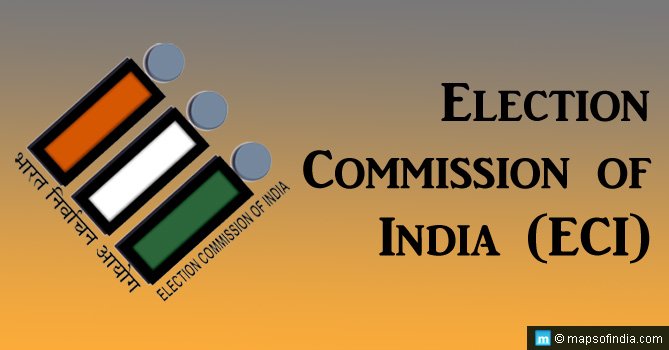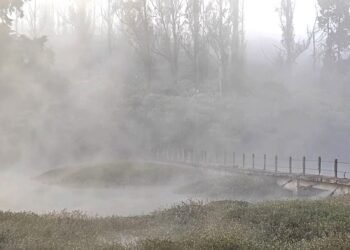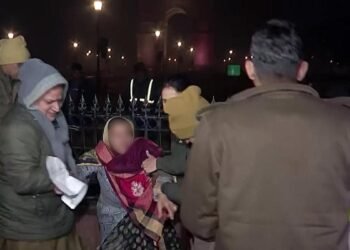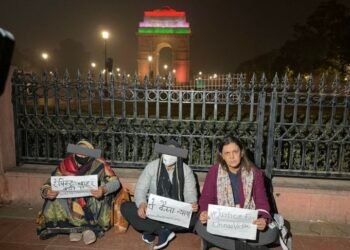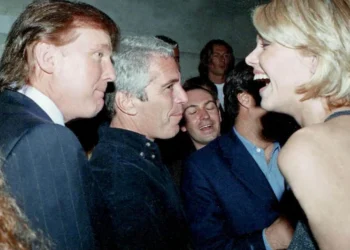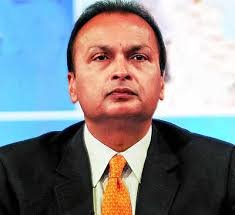The Union Law Ministry has amended election rules to limit public access to electronic documents, such as CCTV footage and webcasting recordings, citing concerns over voter privacy and misuse. While Election Commission officials defend the move, opposition parties claim it undermines electoral transparency.BY
PC Bureau
In a move that has sparked criticism from opposition parties, the government has amended election rules to limit public inspection of electronic documents, such as CCTV footage, webcasting recordings, and video footage of candidates. The amendment aims to prevent potential misuse of these materials, but critics claim it undermines the integrity of the electoral process.
The Union Law Ministry amended Rule 93(2)(a) of the Conduct of Election Rules, 1961, following a recommendation by the Election Commission (EC). Previously, Rule 93 permitted public inspection of all election-related “papers.” The amendment, however, specifies that only “papers as specified in these rules” are open to public scrutiny, excluding electronic records like CCTV footage.
Rationale Behind the Amendment
Election Commission officials defended the move, stating that misuse of CCTV footage from polling booths could compromise voter secrecy and create false narratives using advanced AI technologies. “CCTV coverage and webcasting are additional measures introduced by the EC to ensure transparency but are not mandated by the Conduct of Election Rules,” a former EC official explained.
The amendment follows a Punjab and Haryana High Court directive in a case involving lawyer Mahmoud Pracha, where the court ordered the EC to share all documents related to Haryana assembly elections, including CCTV footage. Officials noted that the previous rule did not explicitly address electronic records, leading to ambiguity. The new amendment closes this loophole to safeguard election materials from misuse.
Opposition Outcry
Congress leader Jairam Ramesh criticized the amendment, alleging it was a step toward eroding electoral transparency. “If there was ever a vindication of our concerns about the Election Commission’s declining integrity, this is it,” Ramesh said. He emphasized the importance of public access to election information to restore faith in the electoral process.
The Congress has announced plans to challenge the amendment in court. “Sunlight is the best disinfectant,” Ramesh argued, citing the High Court’s reasoning that transparency is essential for public trust in elections.
EC’s Assurance
Election Commission officials clarified that candidates would still have full access to electronic records and could seek legal recourse for additional information if necessary. “The amendment does not change candidates’ access to documents; it merely restricts public access to materials not explicitly mentioned in the rules,” an official said.
The debate highlights the tension between ensuring voter confidentiality and maintaining transparency in electoral processes—a balance the amended rule seeks to address, albeit amid controversy.


